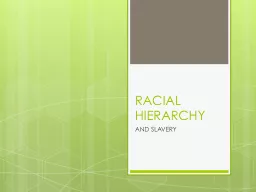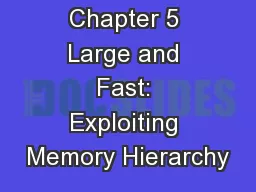PDF-(READ)-Hierarchy, History, and Human Nature: The Social Origins of Historical Consciousness
Author : gabriellacressman | Published Date : 2022-09-01
Here is a book that I can strongly recommend for a variety of reasons It is well written it is scholarly but its greatest appeal lies in the posing of an important
Presentation Embed Code
Download Presentation
Download Presentation The PPT/PDF document "(READ)-Hierarchy, History, and Human Nat..." is the property of its rightful owner. Permission is granted to download and print the materials on this website for personal, non-commercial use only, and to display it on your personal computer provided you do not modify the materials and that you retain all copyright notices contained in the materials. By downloading content from our website, you accept the terms of this agreement.
(READ)-Hierarchy, History, and Human Nature: The Social Origins of Historical Consciousness: Transcript
Download Rules Of Document
"(READ)-Hierarchy, History, and Human Nature: The Social Origins of Historical Consciousness"The content belongs to its owner. You may download and print it for personal use, without modification, and keep all copyright notices. By downloading, you agree to these terms.
Related Documents














